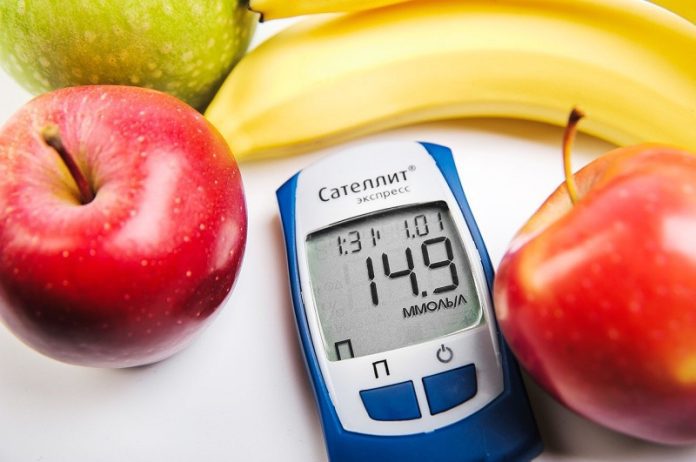
Scientists from the Chinese Academy of Sciences found that dietary fat mainly in plants may help lower the risk of type 2 diabetes.
Linoleic acid is an omega-6 fatty acid and is one of two essential fatty acids for people, who must obtain it through their diet.
The top sources of dietary linoleic acid in America include chicken and chicken dishes, grain-based desserts, salad dressing, potato and corn chips, pizza, bread, french fries, and pasta dishes, according to the National Cancer Institute.
Mayonnaise, eggs, popcorn, and processed meats are also important sources.
Along with omega-3 fatty acids, omega-6 fatty acids play a crucial role in brain function, and normal growth and development.
As a type of polyunsaturated fatty acid (PUFA), omega-6s help stimulates skin and hair growth, maintain bone health, regulate metabolism, and maintain the reproductive system.
In the study, the researchers aimed to examine the link between intakes of omega-6 fatty acids and type 2 diabetes risk in U.S. men and women.
They followed 83,648 women from the Nurses’ Health Study (NHS) (1980-2012), 88,610 women from NHSII (1991-2013), and 41,771 men from the Health Professionals Follow-Up Study (HPFS) (1986-2012).
The participants’ dietary information was collected every 2-4 years using validated food-frequency questionnaires.
The team found during the follow-up period, there were 18,442 types 2 diabetes cases.
Omega-6 fatty acids accounted for 4.4-6.8% of total energy, on average, and were mainly linoleic acids.
The researchers found that diabetes risk was 14% lower when linoleic acid replaced saturated fats (5% of energy), 17% lower for trans fats (2% of energy), or 9% lower for carbohydrates (5% of energy).
Saturated fats are a type of dietary fat. It is one of the unhealthy fats, along with trans fats. These fats are most often solid at room temperature.
Foods like butter, palm and coconut oils, cheese, and red meat have high amounts of saturated fat.
Too many saturated fats can cause cholesterol to build up in arteries (blood vessels). Saturated fats raise the LDL (bad) cholesterol level.
High LDL cholesterol increases your risk for heart disease and stroke. Weight gain.
Trans fats are made when food makers turn liquid oils into solid fats, like shortening or margarine. Trans fats can be found in many fried, “fast” packaged, or processed foods.
Trans fats raise your bad (LDL) cholesterol levels and lower your good (HDL) cholesterol levels. Eating trans fats increases your risk of developing heart disease and stroke.
It’s also associated with a higher risk of developing type 2 diabetes.
The researchers also found that replacing omega-3 fatty acids or monounsaturated fats with linoleic acid was not strongly linked to type 2 diabetes risk.
The team concluded that linoleic acid is linked to a lower risk of type 2 diabetes, especially when replacing saturated fatty acids, trans fats, or carbohydrates.
The research is published in Diabetes Care and was conducted by Geng Zong et al.
Copyright © 2022 Scientific Diet. All rights reserved.








